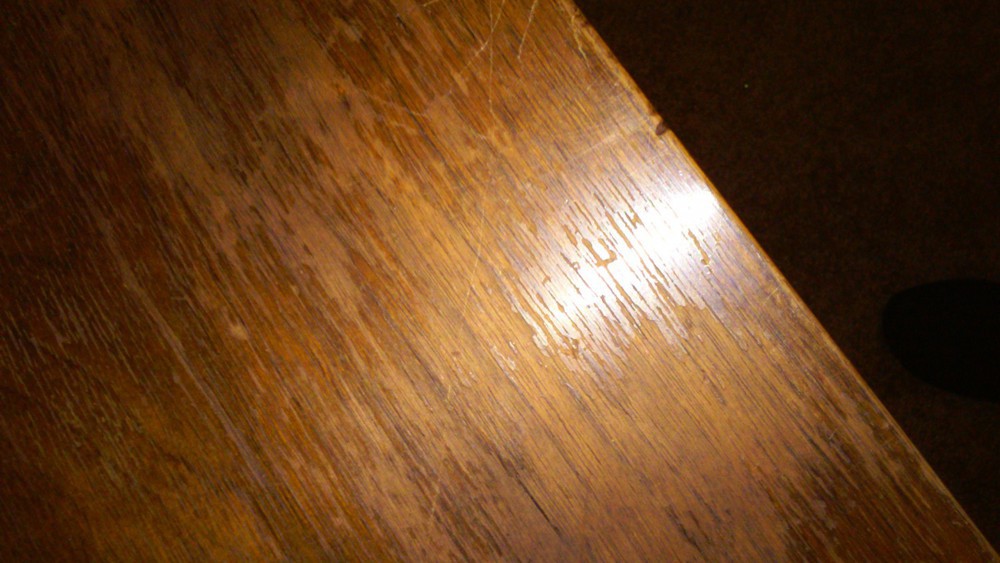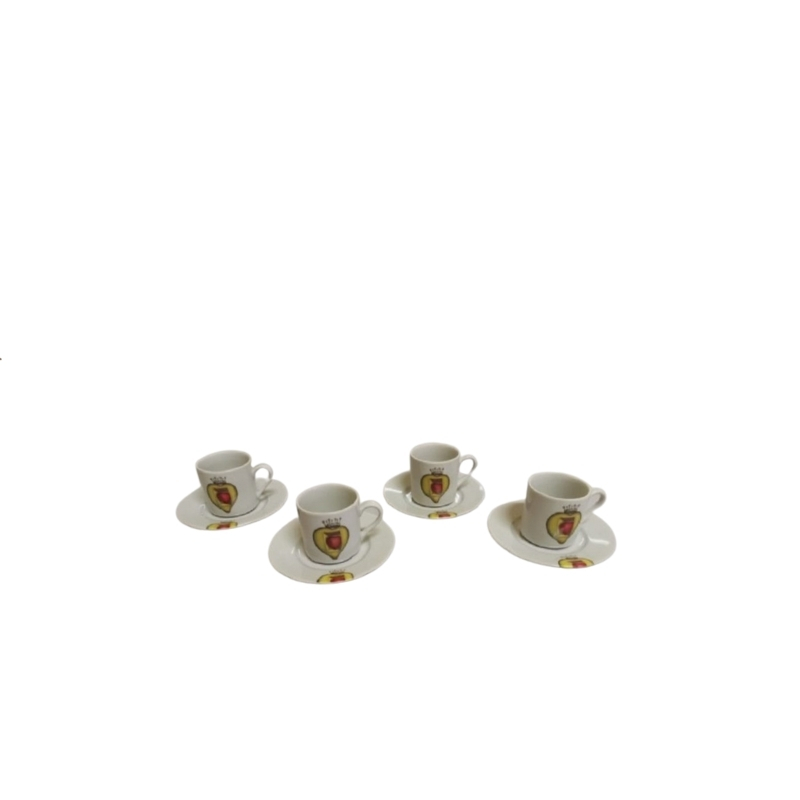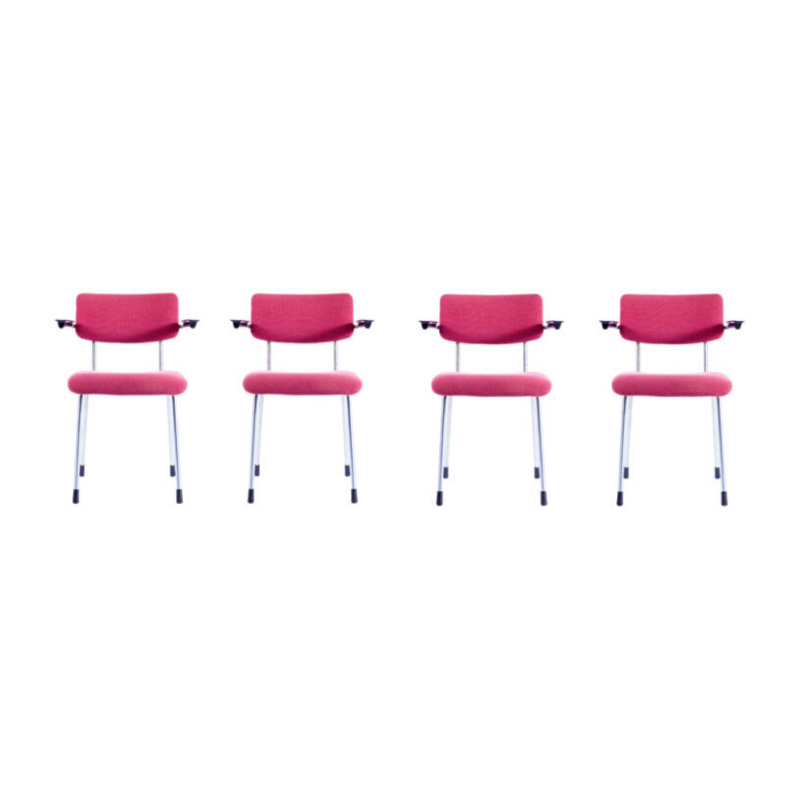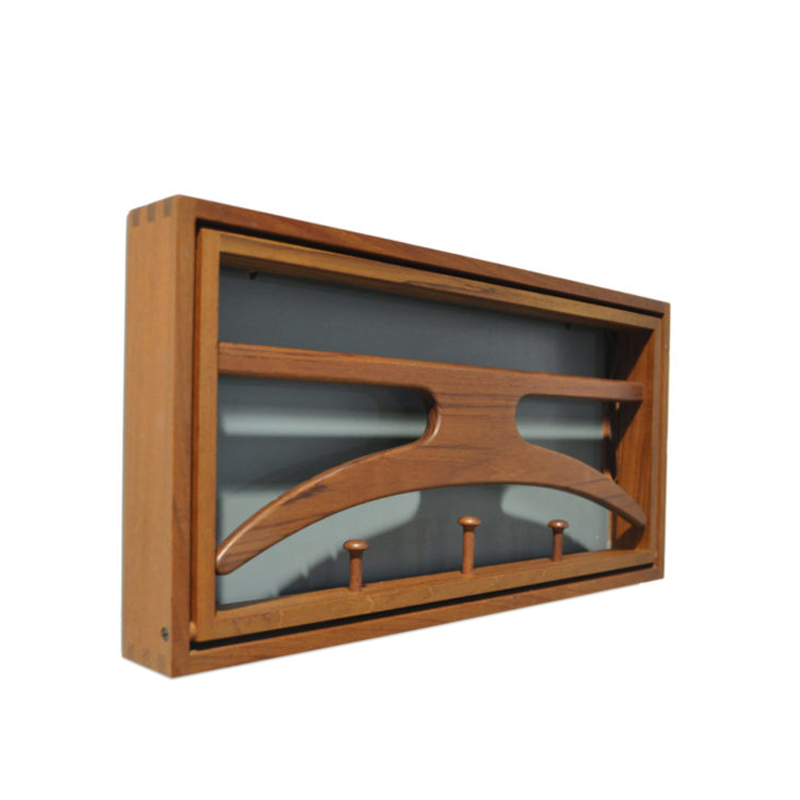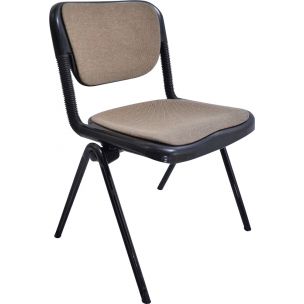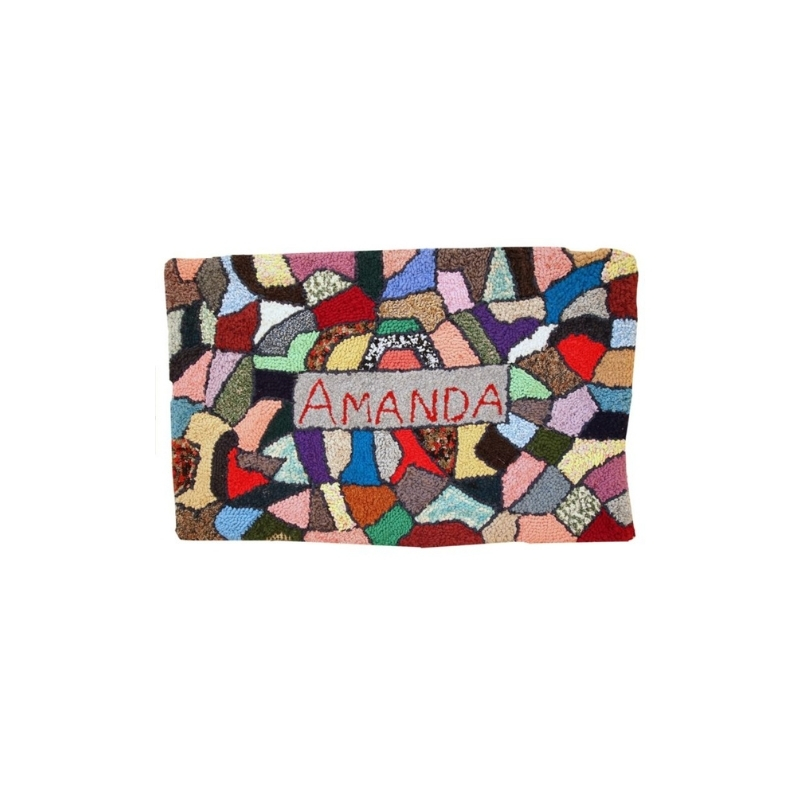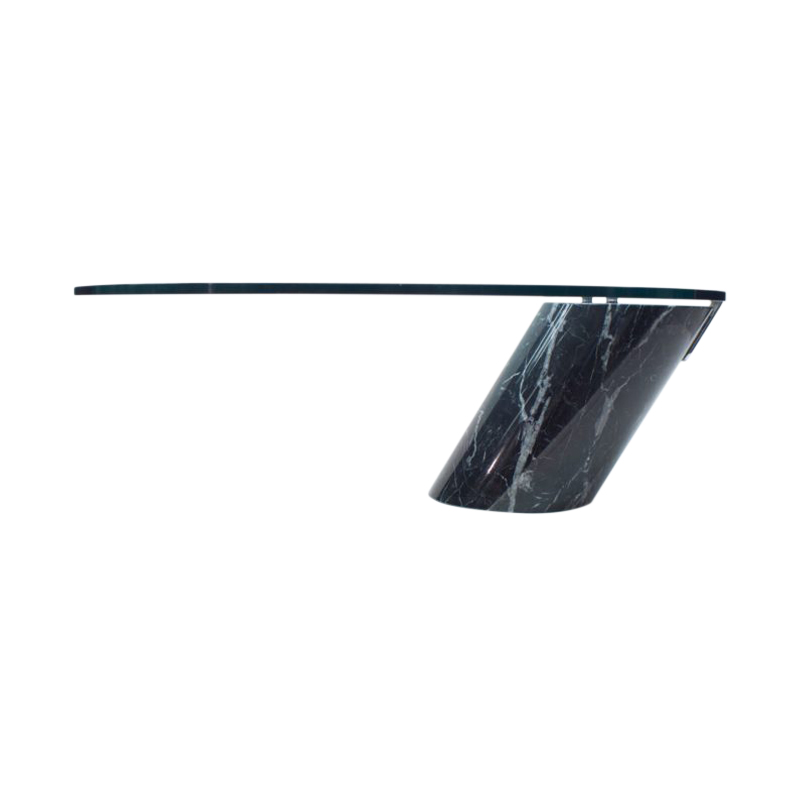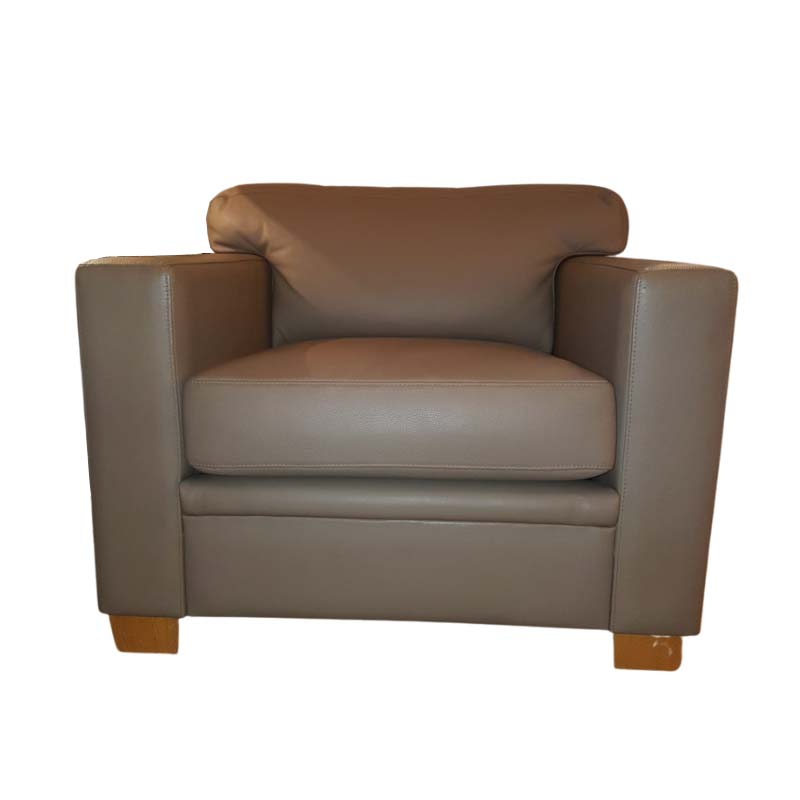With spring on its way I'd like to drag some of my furniture outside for a good cleaning and oiling. Most of what I have is American, walnut & veneer, and in less than super shape.For the items or parts that are wood I was thinking a buffing with steel wool, teak oil, and then wax. Am I on the right track? And is there anything I can do to freshen up veneer? The top of this piece has a cloudy appearance which I think might be the finish lifting off? And I need to hang the disco ball 🙂
I just do #0000 steel wool and Star-Brite Teak oil (Ace Hardware has it---it has no varnish in it, which is what i like about it). If the piece has no grimy build-up, I skip the steel wool and just use a small folded cloth.
I have used paste wax in the past but not usually on teak. But you can. I think you will have to remove it with turpentine next time you want to oil the piece...maybe?? It will keep oil from penetrating, i think. Maybe.
A cloudy finish might be lacuqer that is peeling. Some teak is lacquered and it does tend to peel and flake as it ages or maybe when water-damaged. I can't stand it myself--I just strip it off with lacquer thinner or acetone. Oil will not penetrate the wood on a lacquered piece---and when the lacquer has started to fail, it's even worse. You will get a very blotchy look when you oil the piece.
You can test for lacqer with a q-tip and some nail polish remover. Lacquer turns to a gel, sort of, as it absorbs the solvent and then you can wipe it right off.
You might discover that scrubbing with warmed Murphy's oil soap works as a stripper. Or if it is lacquer, then acetone would take it off. Almost certainly a citrus stripper would take it off. Certainly a methylene chloride stripper would.
Anyway, I think you will need to remove the finish from the whole side and then refinish it. Depending on your results you might need to strip the whole piece and then refinish the whole piece. And I would do an oil finish. Spanky's suggested teak oil would probably give you a very nice finish. Especially if you do a few coats in which you flood the surface, wait for the oil to get a bit tacky and then buff off the excess oil with an old tee shirt. It will build up a smooth satin finish.
It's a tricky subject and I always hesitate to offer advice to relative novices when there are so many unknowns and variables. Restoration and refinishing of fine furniture is almost an art and experience goes a long way toward success, so sometimes hiring a pro for difficult problems or special pieces is a good option. I've done that myself on occasion.
If you're really intent on giving it a try, though, it's good to prepare an appropriate space where you can properly work and safely store the kinds of products and solvents that will quickly accumulate. And there is plenty of good reference material available both in print and online. Some folks are naturals and take to it right away. Others quickly discover that it's not for them.
As has been mentioned, determining what kind of finish is original or on each piece is invaluable to establishing a planned treatment. Experimentation is good. Test, test, test, in small hidden areas at all stages of the process. Every piece is different and it's too easy to get in trouble. A good cleaning is always the best first step. Often that, re-oiling, and a coat of paste wax are all that's necessary to revive finishes on the types of furniture commonly discussed in this forum.
Otherwise, sprucing up veneered furniture is basically the same as for solid wood as long as the veneer remains stuck down and intact. The obvious cautions would be to inspect thoroughly for any lifting edges, blisters, or other signs of delamination and use extreme care around any such defects until they can be properly addressed. And, of course, to avoid using course abrasives, heavy sanding, and/or powered sanding machines.
Oh, and I can't recommend applying finishes outdoors. Cleaning or stripping, sure, but not finishing. Direct sunlight and rapid swings of temperature and relative humidity are your furniture's enemies and can really mess up even a simple re-oiling. And finding bits of flora and fauna (or pet fur!) stuck in your varnish is just a bummer.
Best of luck and check back with questions about and photos of specific projects!
Looks like lacquer to me. Lacquer doesn't wear off evenly like varnish, it chips off. And it's not shellac because shellac develops an alligator texture over time due to the shellac becoming brittle and not being able to expand and contract even a tiny bit with the wood as the humidity changes.
Do test a bit with a Q-tip and nail polish remover. If it's lacquer, it will dissolve within 10 seconds and leave a bare spot with no gloss at all.
And if it is lacquer, all you have to use to remove it is lacquer thinner or acetone. A quart might do it--two quarts if you really slop it on. It dries really, really fast so work on a small area at a time. #0000 steel wool will speed the removal, and have a lot of paper towels handy to wipe as you go. Work outside and wear a respirator too, if possible. Wear heavy duty neoprene gloves and also a pair of those super-stretchy, cheap, knit gloves from the dollar store under the neoprene gloves. I'm not kidding--the solvent has an incredible cooling effect, even through rubber gloves, and your fingers will get really, really cold. Even outside on a hot day. It's weird stuff that way.
Citrus-strip and conventional methylene chloride strippers will also work but they're much messier to use, more expensive, AND you still have to use a solvent to remove the stripper residue. Using them on lacquer is overkill.
Spanky,
Thank you so much, that is incredibly helpful! I'm sure your knowledge and willingness to share it has helped many a person take pride in their home 🙂
One more for ya-
I have this Basset coffee table that at one point was very poorly stained a darker color. It dosen't feel like it has any kind of finish on it. Would I be okay with just sanding and oiling it? Is there a better, liqud product to get into the nooks and crannies a little easier?
edited to try and rotate the picture, but it refuses!
(edited by DA - picture fixed)
If you need any help, please contact us at – info@designaddict.com


